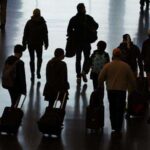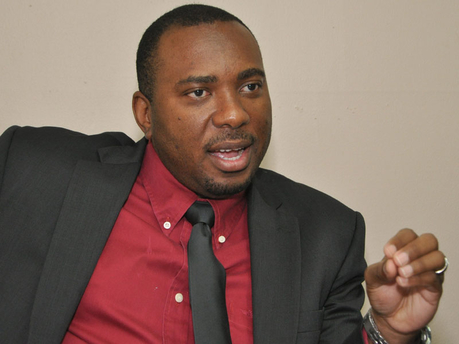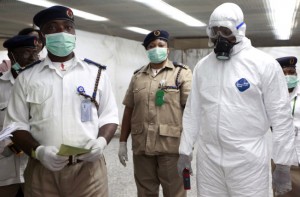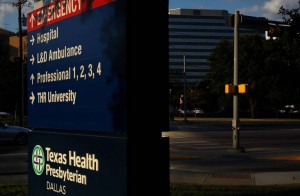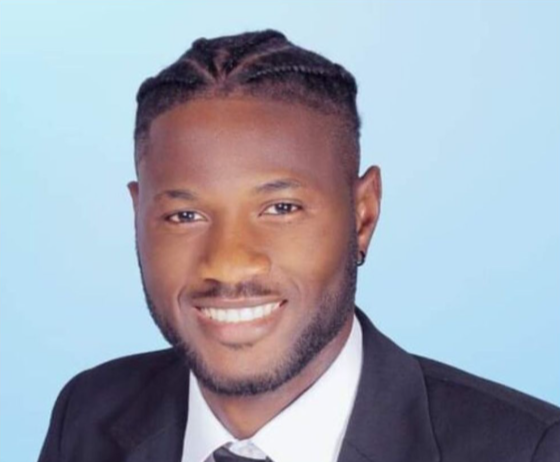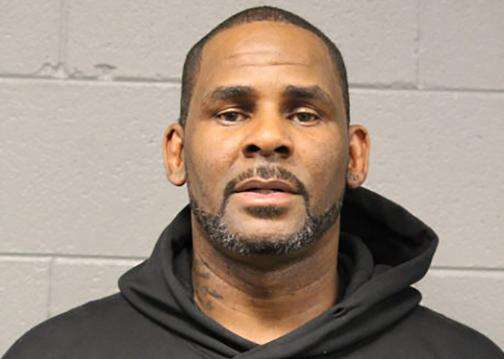Jamaica is now on high alert following reports that the deadly Ebola virus has reached the Western world. The Ministry of Health is stepping up its response, monitoring travel, and is affirming the country’s surveillance system in quickly identifying, isolating, and managing any suspected cases should they reach the country’s shores.
“We have been preparing for the possible introduction of Ebola for a while since the outbreak, so we will be continuing our vigilance. We note what is happening in the United States and we hope that it will be quickly contained,” Dr Kevin Harvey, acting permanent secretary in the Ministry of Health, told The Gleaner yesterday.
“We are encouraged by the fact that Nigeria seemed to have been able control its epidemic, not having any cases since September.”
He added: “We are on high alert. We will continue to be alert at the ports, especially
with persons travelling from any of the impacted countries.”
Yesterday, the United States’ Centres for Disease Control (CDC) confirmed the first case of the Ebola virus in the US, months after the recent outbreak of the deadly disease has been ravaging sections of West Africa, killing more than 3,000 persons.
The patient, who recently travelled to Liberia and went for days without knowing he had the disease, has now been isolated at a Dallas, Texas, hospital. However, it is unsure at this point how many persons he came in contact with before he was isolated.
The incubation period, that is, the time interval from infection with the virus to onset of symptoms, is two to 21 days. It is difficult to know if a person has Ebola because the early symptoms mimic other diseases such as typhoid, malaria, hepatitis, meningitis, cholera, or leptospirosis.
According to Dr Thomas Frieden, director of the CDC, the patient left Liberia on September 19 and arrived in the US the following day. The patient had no symptoms when leaving Liberia or entering the US but began developing symptoms four days later. He sought medical care two days later and was admitted to the hospital on September 28.
“I have no doubt that we will control this importation, or this case of Ebola, so that it does not spread widely in this country. But there is no doubt in my mind that we will stop it here,” Frieden said yesterday.
Speaking to the current state of the patient, Dr Edward Goodman, an epidemiologist at the Dallas hospital, said, “I can say that he is ill, he’s under intensive care, he’s being seen by highly trained, competent specialists.”
He said that local health officials are helping to trace any contacts who may have been exposed. Frieden, however, said that several family members and possibly some community members may have been exposed.
“Our approach in this kind of case is to cast the net widely to ensure that we’re identifying even people who may not have had direct contact so that we’re erring on the side of safety,” he said.
This is the first confirmed case in the West, however, several health workers and aids have travelled from the US, Cuba, and other countries to assist with the outbreak in Africa. Some have been brought back to the US for treatment of the disease.
JAMAICA READY
In Jamaica, following reports that Jamaica had a suspected Ebola case on Friday, the health ministry came out strongly denying the claims, while assuring Jamaicans of the country’s ability to manage the spread of the disease in the event of any cases being detected here.
“There is a surveillance system in place to identify and isolate persons should the need arise,” Harvey said in a statement.
“Apart from a specially built isolation facility in Kingston, all the major hospitals in the island have identified isolation spaces. The ministry will be heightening its sensitisation programme to inform Jamaicans about the disease.”
Harvey reminded persons to avoid non-essential travel to countries where the virus has been confirmed. These include Liberia, Guinea, Sierra Leone, Nigeria, Senegal, and the Democratic Republic of Congo.
Harvey said sensitisation briefings have been undertaken for all senior members of the island’s medical teams as well as discussions and joint meetings with other Caribbean Community (CARICOM) countries and partners such as the Pan-American Health Organization.
According to recent reports from the World Health Organisation, so far, more than 6,574 people are infected with Ebola and over 3,091 have died of the disease. However, it warns that these figures vastly underestimate the true scale of the epidemic. It said these figures are far greater than those from all previous Ebola outbreaks combined.
Ebola is a rare and deadly disease that is transmitted through direct contact with broken skin, tissue, blood, or other bodily fluids, (secretions such as stool, saliva, urine, and semen) of infected persons. It may also spread by contact with contaminated objects or infected animals.
There is no vaccine or specific treatment for Ebola, and up to 50 per cent of persons who get the disease die.
Symptoms include fever, headache, joint and muscle aches, sore throat, and weakness, followed by diarrhoea, vomiting, and stomach pain. Skin rash, red eyes, and internal and external bleeding may be seen in some patients.
anastasia.cunningham@gleanerjm.com


